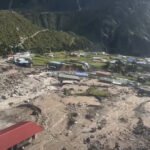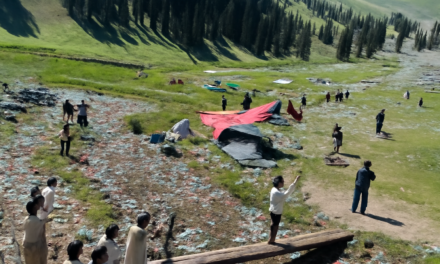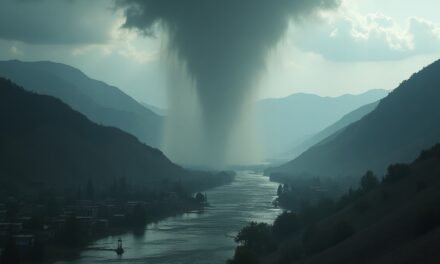The Proposal for New Provinces in Pakistan: Administrative Reorganization, Rationale, and Implications
Khyber Pakhtunkhwa may soon be divided into three new provinces — Malakand, Dera Ismail Khan, and Peshawar — according to future proposals aimed at improving governance and administration. This division could reshape the political and administrative structure of Pakistan. In this video, we explain the details of the proposed provinces, their regions, and the possible impact on the people of Khyber Pakhtunkhwa. Stay tuned for updates on Pakistan’s new provinces, political reforms, and administrative changes. Don’t forget to like, share, and subscribe for more informative content on national issues.






























